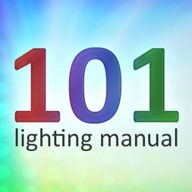Bigwillystyle
New elf
Hey guys, another annoying question..
Looking for a new multimeter.. sold all my good gear years ago.. but to be honest I prefer old-school style multimeters eg. manual range adjustment. I'm not a fan of auto ranging ones.. mainly because they cannot be used for fault finding data lines.
other preference is a loud buzzer for continuity.. I'm deaf, and really struggle to use some meters (like the Digitech one I have now) because unless I'm in a dead quiet area or sit it on my shoulder I cannot hear it..
have used the automotive SCA Multi meter and found it to be quite good for the above reasons, just wondering if there are any other suggestions of important features for this hobby and suggestions of brands other than Fluke not only for cost but mainly because they are all auto range..
Looking for a new multimeter.. sold all my good gear years ago.. but to be honest I prefer old-school style multimeters eg. manual range adjustment. I'm not a fan of auto ranging ones.. mainly because they cannot be used for fault finding data lines.
other preference is a loud buzzer for continuity.. I'm deaf, and really struggle to use some meters (like the Digitech one I have now) because unless I'm in a dead quiet area or sit it on my shoulder I cannot hear it..
have used the automotive SCA Multi meter and found it to be quite good for the above reasons, just wondering if there are any other suggestions of important features for this hobby and suggestions of brands other than Fluke not only for cost but mainly because they are all auto range..

